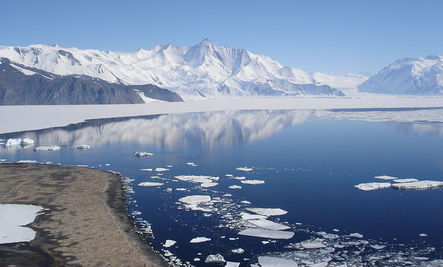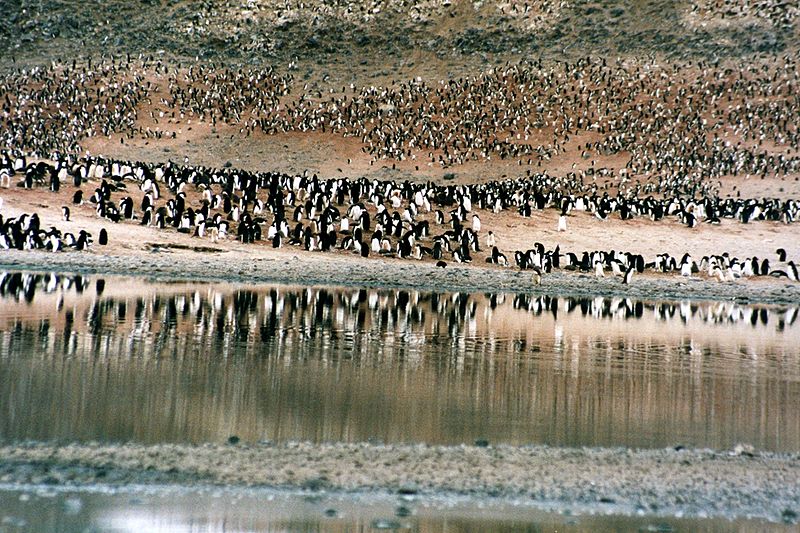In the Antarctic, fish adapted to the very cold waters with antifreeze proteins to help them survive. Hundreds of species there evolved after a period of rapid cooling tens of millions of years ago. You might expect temperature changes resulting in mass die offs and adaptions would be large, but in some cases even small temperature changes can cause large impacts. Research conducted at Yale University indicates even a two degree increase in Antarctic waters could lead to extinction of local fish.
“The development of polar climatic conditions that shaped the [evolution] of Antarctic fish is now reversing. The increasing temperature of the Southern Ocean, with the potential for the arrival of invasive species and disruption of food webs, is the greatest threat to the survival of this unparalleled [diversity],” said Yale ecology professor Thomas Near. (Source: Yale Daily News)
Some people might not particularly care about the Antarctic fish, but they are a significant food source for penguins and seals. Some of the penguin species living in the area of Antarctica are Emperors, Adelies, Chinstraps, Gentoos, Kings and Macaronis.
One of the main contributors to climate change from humans is livestock agriculture. About 51 percent of climate change gases are created by it. So reducing one’s meat consumption is a good way to shrink climate change emissions. The lesson that everything is connected in Nature, seems to be a challenging one for the human species to learn.
Article by J. Richardson





